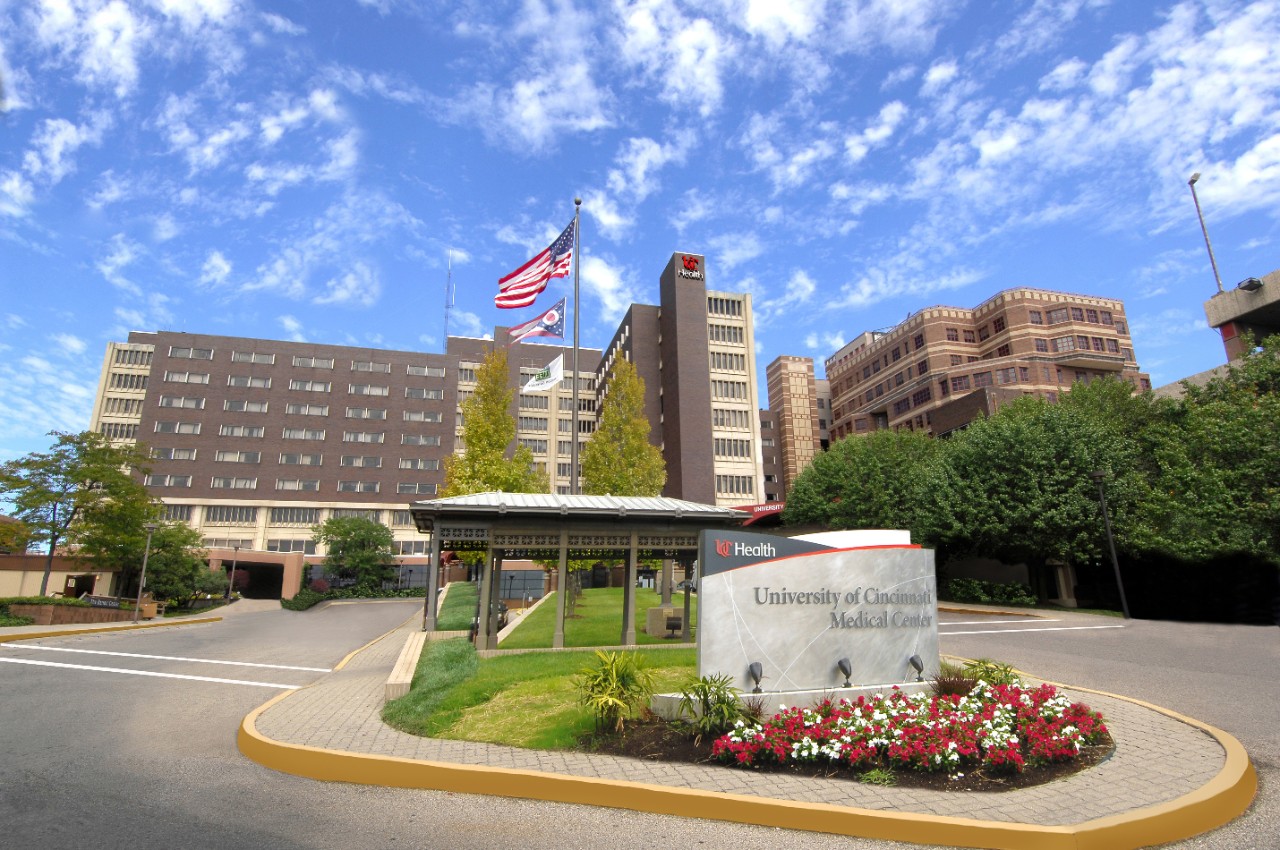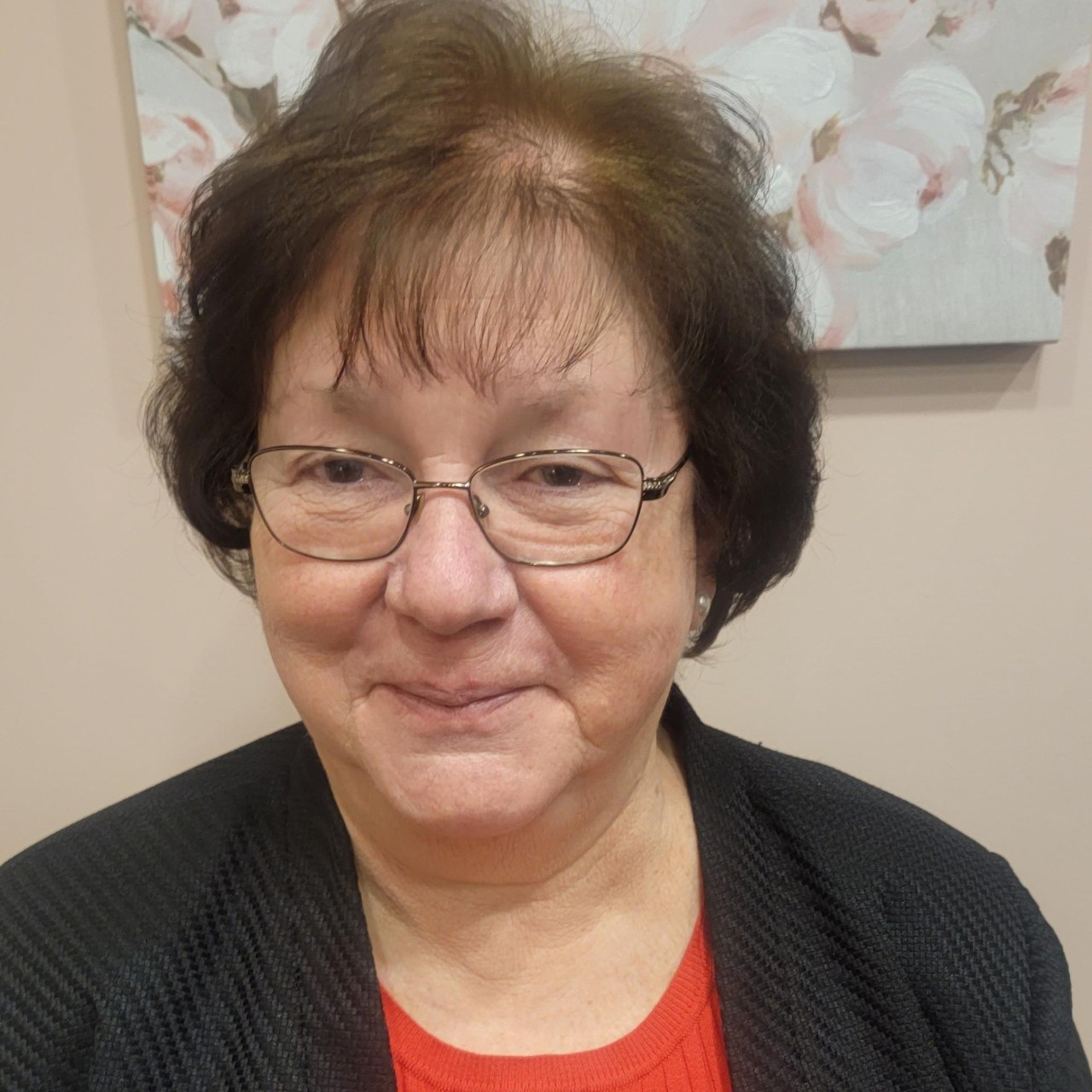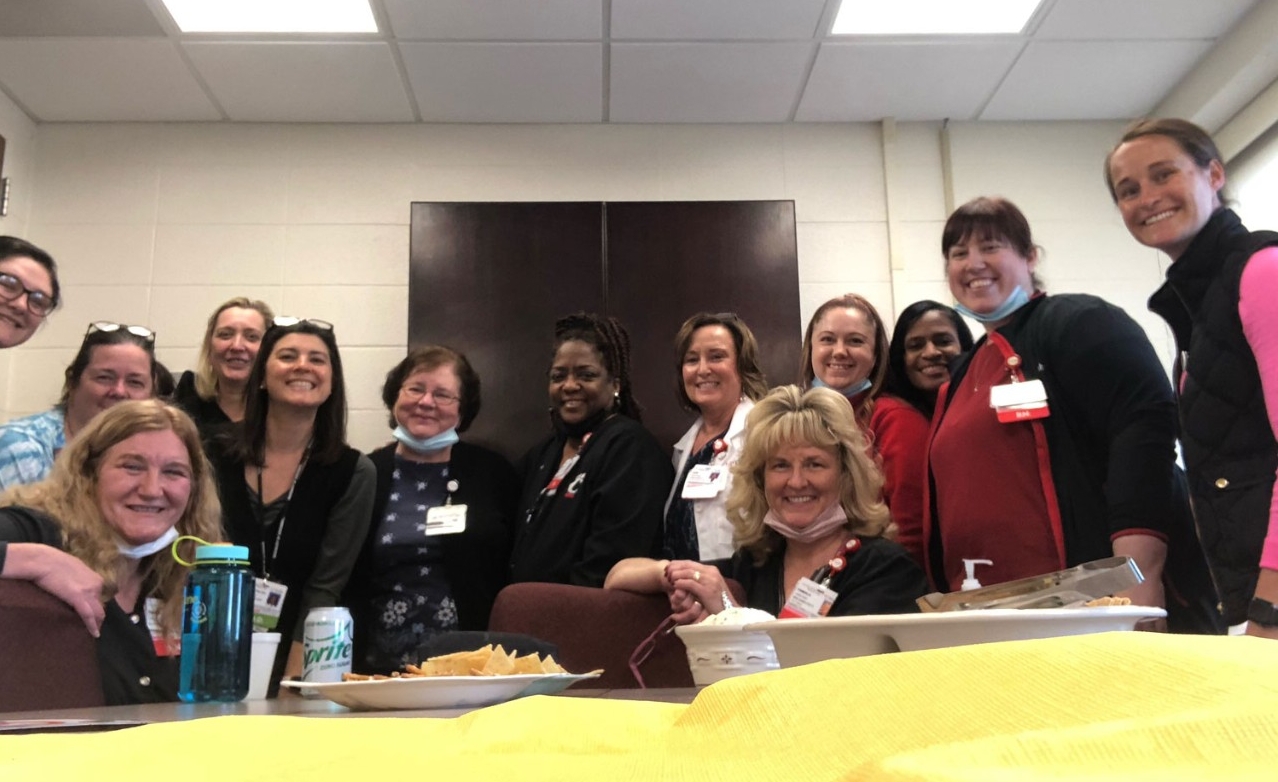
You make a difference: UC alumnae raise the bar for diabetes care
UCMC care providers, including four UC nurses, have improved patient outcomes with support programs
By: Katie Coburn
One in four patients at University of Cincinnati Medical Center has a diagnosis of diabetes, and many more patients have unrecognized diabetes or are prediabetic. So how is it possible that diabetes is responsible for only about 1-2% of all admissions?
Though most patients are not in the hospital because of diabetes, it's common for their diabetes to contribute to their illness or condition and/or impact outcomes after they leave the hospital. Regardless of the primary reason for their visit, patients with diabetes require specialized care, and for the past 16 years, the experts at UCMC have worked to improve outcomes for diabetic patients, implementing researched-backed practices and educating both clinicians and patients on effective treatment and management. Today, there are several University of Cincinnati alumnae who contribute to the success of these programs, ultimately improving the lives of patients living with diabetes.
Establishing best practices to improve outcomes
In the early 2000s, a growing body of evidence demonstrated that hyperglycemia was more harmful to hospitalized patients than once thought. This research, along with a national movement to address this problem, compelled Mercedes Falciglia, MD, to improve care for patients with diabetes and glycemic disorders at UC.
Falciglia's own findings from NIH-funded studies on outcomes related to hyperglycemia in acutely ill patients were consistent with national research, showing that patients who experienced high blood sugar while they were hospitalized were more likely to die, regardless of whether they had a known diabetes diagnosis. After researching the few existing inpatient diabetes programs nationally, Falciglia pitched her design for a program at UCMC (then University Hospital) that would implement best practices and education in the care of patients with diabetes.
We realized that a lot of patients had terrible control of their diabetes with many barriers to care, and there was no coordination of their diabetes management from the inpatient to outpatient setting.
Mercedes Falciglia, MD College of Medicine, '97
In 2006, with the support of hospital administration, Falciglia teamed up with nurse practitioner Adele Corbin, MSN, RN, CNP, ADM-BC, and a clinical pharmacist to launch DiabetesNow, an inpatient diabetes management program that established protocols for insulin use and provides education for clinicians and patients as well as diabetes resource specialists for units across the hospital. Ultimately, these protocols were made standard across all of UC Health.
"Our priority was to not only develop and implement protocols that were aligned with the science, which showed that treating hyperglycemia and hypoglycemia in acutely ill patients resulted in better outcomes, but to also do so in a standard way across the system that was safe. Insulin, which remains the mainstay of hyperglycemia treatment in the hospital, is considered a 'high-alert' medication, and so a major impetus for our program was to ensure safety with its use," says Falciglia, a professor in the Department of Medicine at the UC College of Medicine, who earned her medical degree from UC in 1997 and completed her residency and chief residency in internal medicine at UC in 2001 and fellowship in endocrinology, diabetes and metabolism at UC in 2003.
The program proved effective in improving the safety and efficacy of diabetes management for patients in the hospital. However, it did not provide any support for patients after they left UCMC.
"Our patients often have complex conditions, and many are also disadvantaged without much support or resources," Falciglia says. "We realized that a lot of patients had terrible control of their diabetes with many barriers to care, and there was no coordination of their diabetes management from the inpatient to outpatient setting."
To solve for this issue, in 2013, Falciglia and Corbin launched Sweet Transitions. Consisting of a nurse practitioner (Corbin) and a diabetes educator, the program offers patients who are found to have uncontrolled diabetes during hospitalization a "whatever-it-takes approach" to identify barriers and develop an individualized management plan. This diabetes care plan is communicated and coordinated across key providers and entities (pharmacy, skilled nursing facility, etc.) that the patient interfaces with for their health care. The patient is eventually transitioned to a primary care provider with the goal of sustaining the improved management.
Sweet Transitions has not only resulted in improved glycemic control, but it has also helped prevent readmissions to the hospital. More impressive has been that these improved outcomes are sustained by the patients' primary care providers long after they received care from Sweet Transitions.

Adele Corbin
"When you see that somebody has really improved their health by improving their blood sugars, especially when they've maintained it over time, you feel like you're contributing to improving the quality of their life and, hopefully, decreasing the possibility of developing complications that are associated with diabetes," says Corbin, who, before retiring in March, had served as the nurse practitioner for DiabetesNow and Sweet Transitions since their inception.
On May 12, UC College of Nursing will honor Corbin, who earned her Master of Science in Nursing (MSN) from UC in 2001, with a Torch of Excellence Nursing Award to recognize the exceptional patient care she provided during her 48-year-long nursing career. Falciglia, who serves as the medical director for both programs, says Corbin's retirement is a big loss to the UCMC community as she was the go-to person to answer fellow nurses' diabetes-related questions.

Adele Corbin (sixth from left) recently celebrated her retirement after serving as the nurse practitioner for DiabetesNow and Sweet Transitions since the programs' inception.
Using personal experiences to fuel passion
The impact and influence of DiabetesNow and Sweet Transitions extends beyond Greater Cincinnati as both programs' outcomes and best practices have been presented at national scientific meetings and featured in publications. Additionally, many of the leading practicing endocrinologists in the region graduated from UC's fellowship program in endocrinology and have taken these principles and practices to their respective health care systems.
But neither program would be successful without the small-but-mighty team of passionate nurses, educators and administrative staff working behind the scenes, like Julie Bell, MSN, RN, the clinical manager for both programs. Bell, who earned her Bachelor of Science in Nursing (BSN) from UC in 2002, is responsible for a variety of administrative tasks, including the direction, coordination, implementation and evaluation of both programs; she also supervises and coaches the team.
"I believe that it is important to establish realistic goals with our patients instead of for our patients," Bell says. "My goal is to always to help patients understand that they are a person who happens to have diabetes; they are not a diabetic individual. I believe that the focus should always be on the person first and the disease second."
Inpatient diabetes educators like Jennifer Jones, MSN, RN, CDCES, and Rachael Gauck, BSN, RN, provide comprehensive education to a variety of admitted patients. Some of their responsibilities include teaching newly and previously diagnosed patients with Type 1 and Type 2 diabetes about the disease, helping non-diabetic patients learn how to take insulin, and reviewing the hospital's pump policy with patients who use insulin pumps.
"Health care is a team effort. With diabetes, the patient is the one putting in the hard work. We just give them the tools to make the changes," says Jones, who received a BSN and MSN from UC in 1999 and 2004, respectively.
Firsthand experiences of witnessing family members live with diabetes serve as inspiration for Bell, Jones and Gauck. Jones grew up watching her mother manage her Type 1 diabetes by taking insulin and drinking juice when her blood sugar was low. In 2018, the year before Jones started working with DiabetesNow, her mother passed away from diabetic ketoacidosis, an experience Jones says inspired a passion for diabetes that she didn't know she had.
As I work alongside this team, every day I am reminded of a great quote by Margaret Mead: 'Never doubt that a small group of thoughtful, committed citizens can change the world; indeed, it's the only thing that ever has.'
Julie Bell College of Nursing, '02
Gauck also learned about the challenges of living with Type 1 diabetes at an early age from her father and grandfather. Then, in 2009 at 13 years old, she too was diagnosed with diabetes. "With my own course of struggles managing my diagnosis in my teen years, I became very close with the nurses at Cincinnati Children's, and they had a huge impact on my outlook," says Gauck, who completed the RN to BSN program at UC College of Nursing in 2018. "After seeing the impact that the nurses had on me, it was an easy choice to pick nursing so I could provide care and education using the knowledge I have gained through my own struggles."
Though small, the DiabetesNow and Sweet Transitions team works hard to provide the best diabetes care and education to UCMC patients and their families. UCMC is one of the few centers nationally — and was the first in the region — to be awarded Certification for Inpatient Diabetes Care by The Joint Commission, and the programs are constantly evolving to meet patient and clinician needs.
"As I work alongside this team," Bell says, "every day I am reminded of a great quote by Margaret Mead: 'Never doubt that a small group of thoughtful, committed citizens can change the world; indeed, it's the only thing that ever has.'"
The UC Alumni Association exists to serve the University of Cincinnati and its hundreds of thousands of alumni across the United States and throughout the world. Learn more about how to stay connected with your alma mater and get involved in more than 50 college-, interest- and location-based alumni networks.
Related Stories
Osher Center, Cancer Center partnership receives $2 million gift...
May 14, 2025
The Cincinnati Business Courier highlighted a $2 million gift from John and Carrie Hayden to establish and endow a community learning kitchen that emphasizes the vital role of nutrition not only in the prevention but also the treatment of chronic disease.
Leaders, scholars, changemakers: CoM students earn prestigious...
May 13, 2025
The University of Cincinnati's College of Medicine is proud to celebrate the outstanding achievements of three remarkable students, who have been recognized with two of the university’s highest honors.
The latest efforts in cervical cancer prevention
May 12, 2025
Medical Laboratory Observer interviewed the University of Cincinnati Cancer Center's Leeya Pinder to discuss the current state and future of cervical cancer prevention.